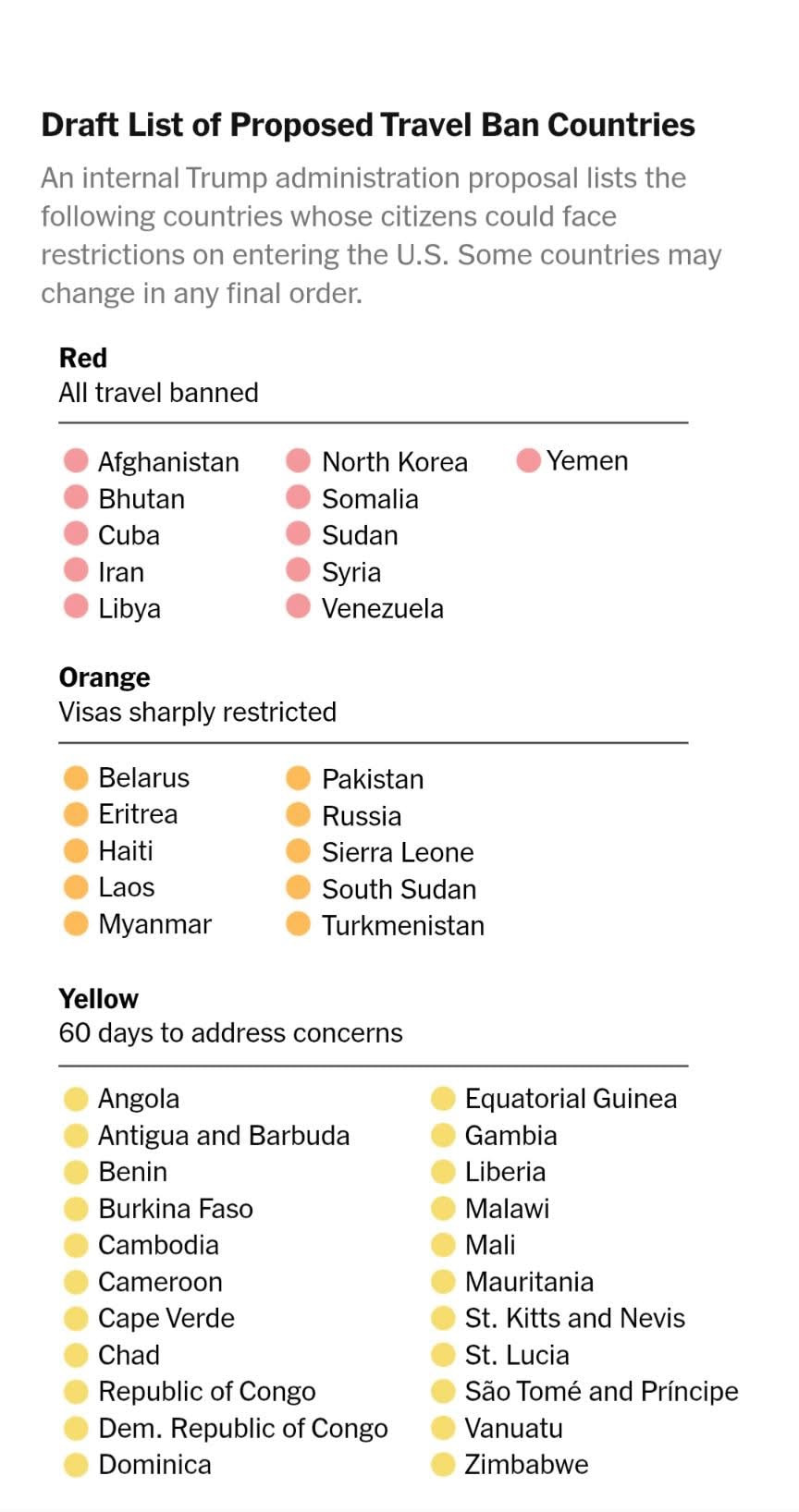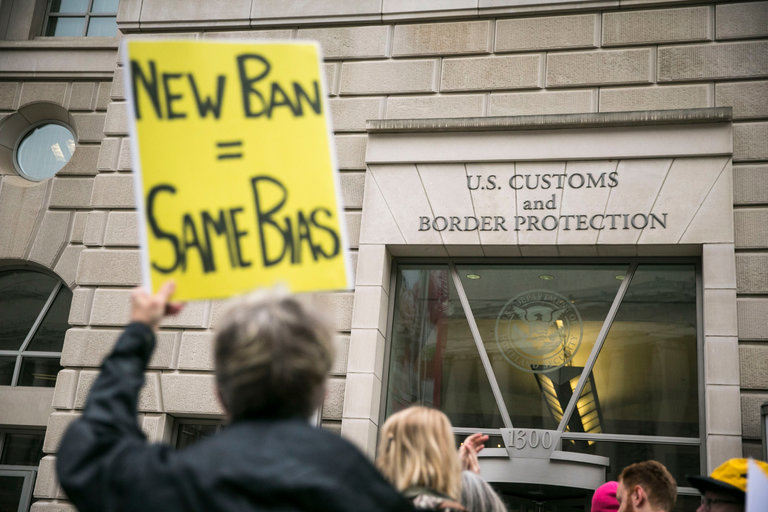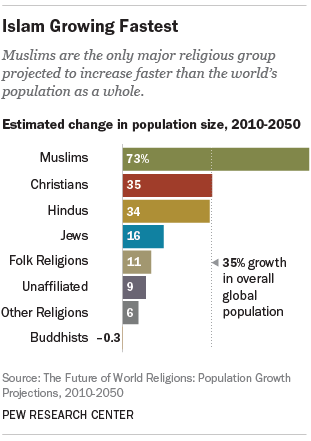- Mali (October 23, 2025)
- Mauritania (October 23, 2025)
- Sao Tome and Principe (October 23, 2025)
- Tanzania (October 23, 2025)
- The Gambia (October 11, 2025)
- Malawi (August 20, 2025)
- Zambia (August 20, 2025)
Any citizen or national traveling on a passport issued by one of these countries, who is found otherwise eligible for a B1/B2 visa, must post a bond for $5,000, $10,000, or $15,000. The amount is determined at the time of the visa interview. The applicant must also submit a Department of Homeland Security Form I-352. Applicants must agree to the terms of the bond, through the Department of the Treasury’s online payment platform Pay.gov. This requirement applies regardless of place of application.
Applicants should submit Form I-352 to post a bond only after a consular officer directs them to do so. Applicants will get a direct link to pay through Pay.gov. They must not use any third-party website for posting the bond. The U.S. Government is not responsible for any money paid outside of its systems.
A bond does not guarantee visa issuance. If someone pays fees without a consular officer’s direction, this person will not get that money back.
Required ports of entry
As a condition of the bond, all visa holders who have posted a visa bond must enter and exit the United States through the designated ports of entry listed below. Not doing this might lead to a denied entry or a departure that is not properly recorded:
- Boston Logan International Airport (BOS)
- John F. Kennedy International Airport (JFK)
- Washington Dulles International Airport (IAD)
Visa bond compliance
The full visa bond amount will be returned if the applicant follows all terms of their nonimmigrant visa status and the visa bond. These terms are set on the bond form Department of Homeland Security’s Form I-352 Immigration Bonds and on Travel.State.Gov. The bond will be canceled and the money returned automatically in these situations:
- The visa holder departs from the United States on or before the date they are authorized to stay in the United States, or
- The visa holder does not travel to the United States before the expiration of the visa, or
- The visa holder applies for and is denied admission at the U.S. port of entry.
Visa bond breach
The Department of Homeland Security will send cases where the visa holder may have broken the visa bond terms to the U.S. Citizenship and Immigration Services (USCIS). This is to determine if there was a breach. It includes, but is not limited to, these situations:
- The visa holder departs from the United States after the date when he or she is authorized to stay in the United States.
- The visa holder stays in the United States after the date he or she is authorized to do so and does not leave.
- The visa holder applies to adjust out of nonimmigrant status, including claiming asylum.
Read here.













 RSS Feed
RSS Feed